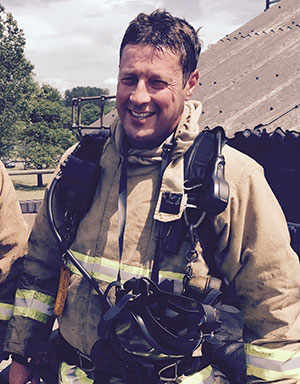Powers of inspectors
27.—(1) Subject to the provisions of this article, an inspector may do anything necessary for the purpose of carrying out this Order and any regulations made under it into effect and in particular, so far as may be necessary for that purpose, shall have power to do at any reasonable time the following—
(a)to enter any premises which he has reason to believe it is necessary for him to enter for the purpose mentioned above and to inspect the whole or part of the premises and anything in them, where such entry and inspection may be effected without the use of force;
(b)to make such inquiry as may be necessary for any of the following purposes—
(i)to ascertain, as regards any premises, whether the provisions of this Order or any regulations made under it apply or have been complied with; and
(ii)to identify the responsible person in relation to the premises;
(c)to require the production of, or where the information is recorded in computerised form, the furnishing of extracts from, any records (including plans)—
(i)which are required to be kept by virtue of any provision of this Order or regulations made under it; or
(ii)which it is necessary for him to see for the purposes of an examination or inspection under this article,
and to inspect and take copies of, or of any entry in, the records;
(d)to require any person having responsibilities in relation to any premises (whether or not the responsible person) to give him such facilities and assistance with respect to any matters or things to which the responsibilities of that person extend as are necessary for the purpose of enabling the inspector to exercise any of the powers conferred on him by this article;
(e)to take samples of any articles or substances found in any premises which he has power to enter for the purpose of ascertaining their fire resistance or flammability; and
(f)in the case of any article or substance found in any premises which he has power to enter, being an article or substance which appears to him to have caused or to be likely to cause danger to the safety of relevant persons, to cause it to be dismantled or subjected to any process or test (but not so as to damage or destroy it unless this is, in the circumstances, necessary).
(2) An inspector must, if so required when visiting any premises in the exercise of powers conferred by this article, produce to the occupier of the premises evidence of his authority.
(3) Where an inspector proposes to exercise the power conferred by paragraph (1)(f) he must, if requested by a person who at the time is present in and has responsibilities in relation to those premises, cause anything which is to be done by virtue of that power to be done in the presence of that person.
(4) Before exercising the power conferred by paragraph (1)(f) an inspector must consult such persons as appear to him appropriate for the purpose of ascertaining what dangers, if any, there may be in doing anything which he proposes to do under that power
What the Guidance says:


